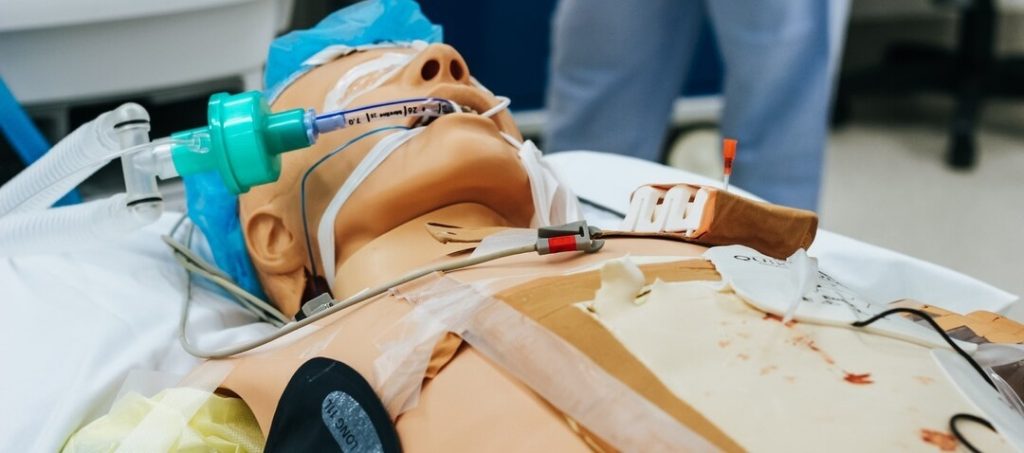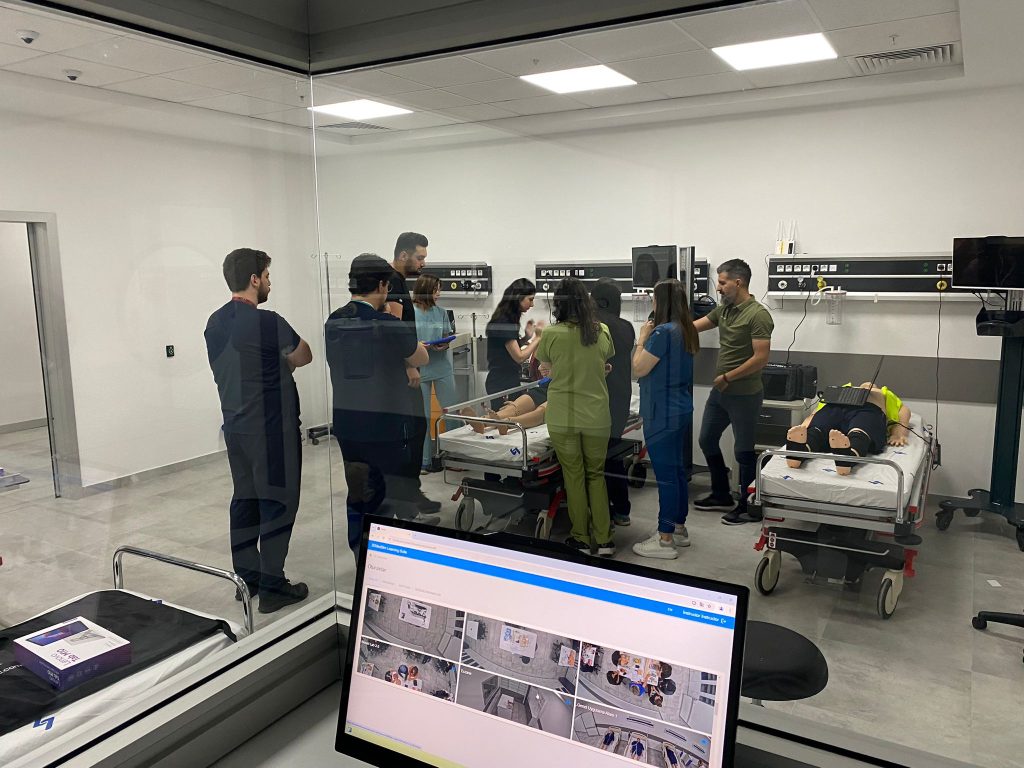
One of the world’s most renowned and respected medical simulation centers is the Center for Medical Simulation (CMS). The Center for Medical Simulation was established in 1993 in Boston, Massachusetts, and is a medical simulation center that operates in collaboration with Harvard Medical School.
CMS aims to improve healthcare professionals’ clinical skills, enhance patient safety, and improve the quality of healthcare services through medical simulation training. Since its inception, this center has been a starting point that emphasizes the importance of simulation-based approaches, particularly in the field of healthcare education. The training uses various scenarios covering different medical fields such as obstetrics, surgery, emergency management, and pediatrics.
The center aims to develop participants’ clinical decision-making, crisis management, and communication skills using realistic environments. CMS uses simulations that incorporate critical elements of healthcare services, such as human factors, leadership, and teamwork. This approach allows healthcare professionals to apply their theoretical knowledge in practice and also provides them with multidisciplinary teamwork experience.
CMS also hosts research and development activities in the field of simulation training. Research conducted at the center aims to understand the impact of simulation on health education and to offer recommendations for improving this method. At the same time, CMS promotes knowledge sharing and collaboration with the global healthcare community.

The scenarios used in training support healthcare professionals in overcoming potential clinical challenges and achieving higher standards in patient care. Efforts to improve the quality of simulation training enrich participants’ learning experiences and support their professional development. Through these efforts, CMS contributes to its mission of making healthcare delivery safer and more effective.
The United States is a global leader in simulation training in healthcare. In this country, simulation centers provide healthcare professionals with realistic training experiences using high-tech mannequins, virtual reality, and other innovative tools. Training simulations help students develop their clinical skills by providing them with hands-on experience in emergency management, surgical skills, and patient care. Furthermore, these simulations contribute to reducing errors and improving patient safety. Many medical schools and healthcare institutions in the United States consider simulation training an integral part of their curriculum. This allows healthcare professionals to develop their ability to cope with complex and stressful situations.




